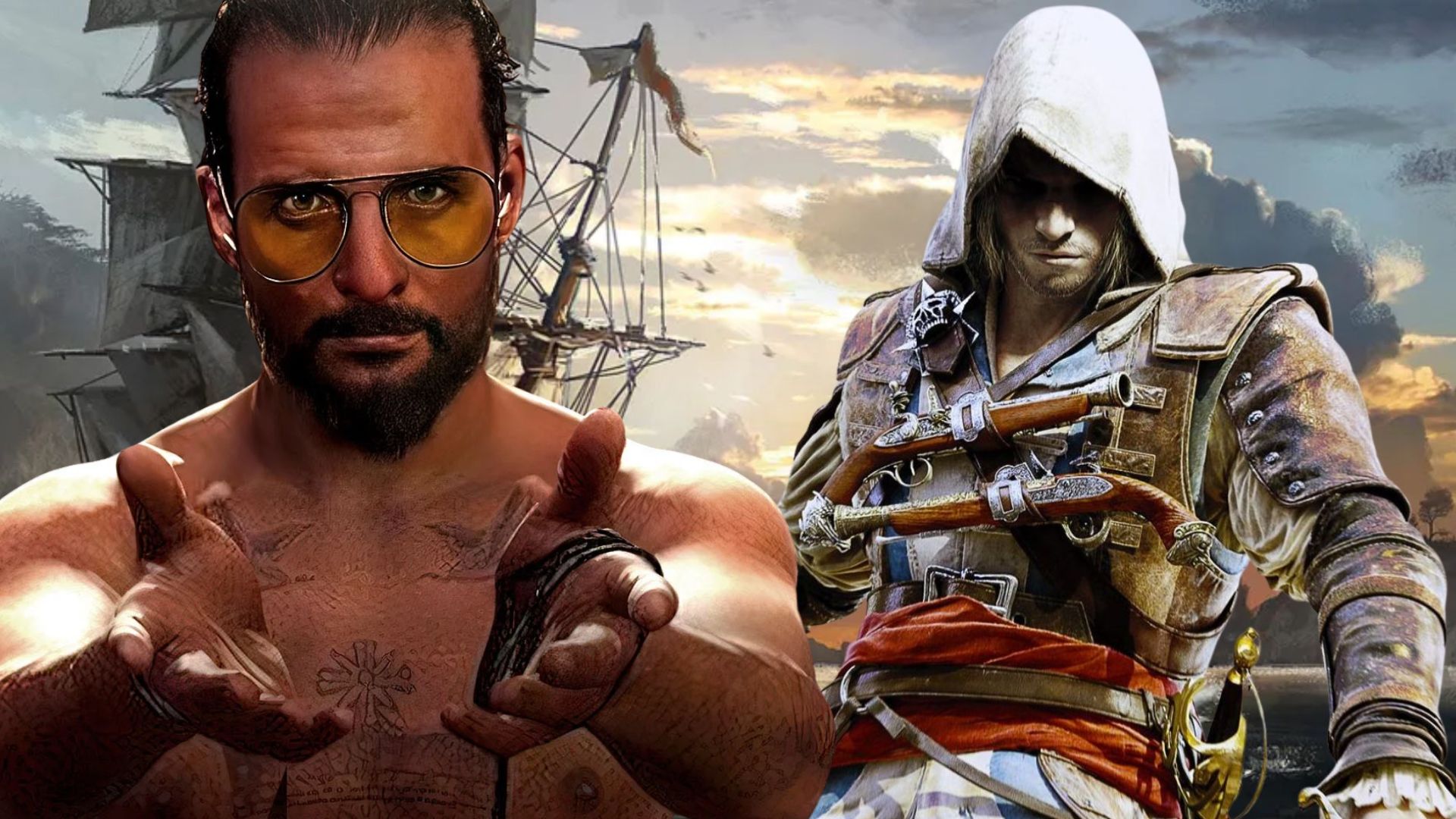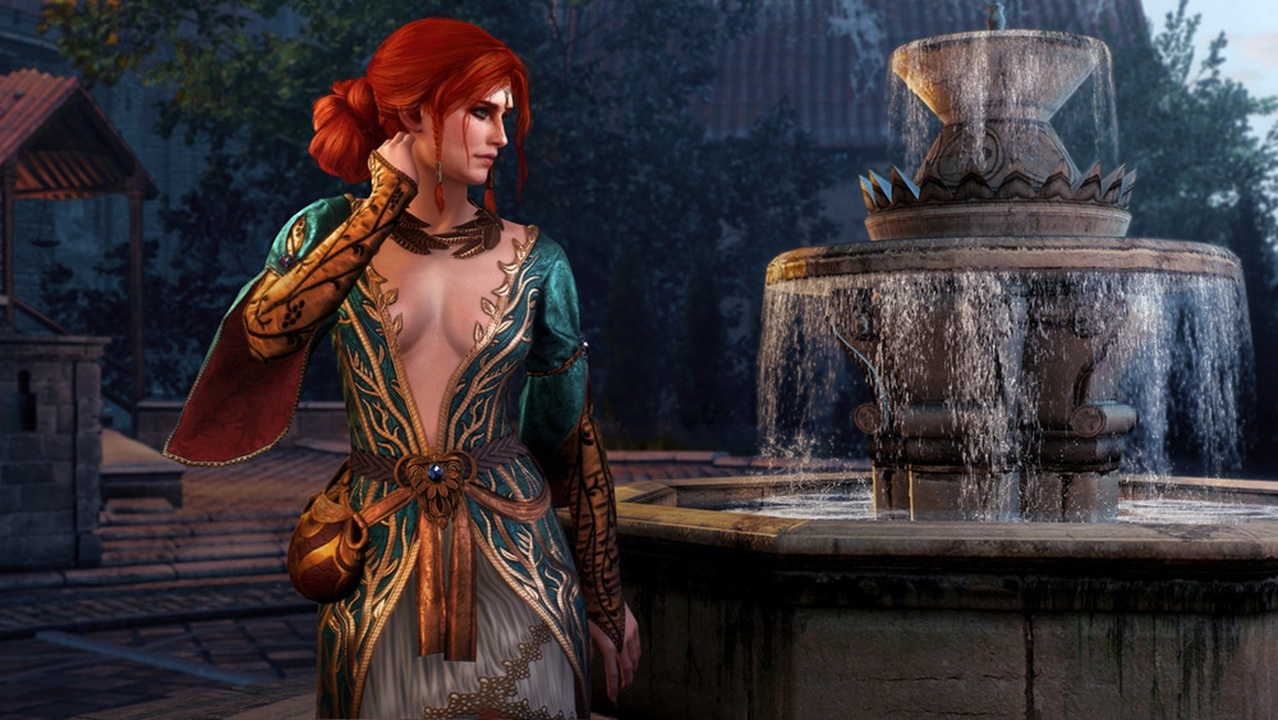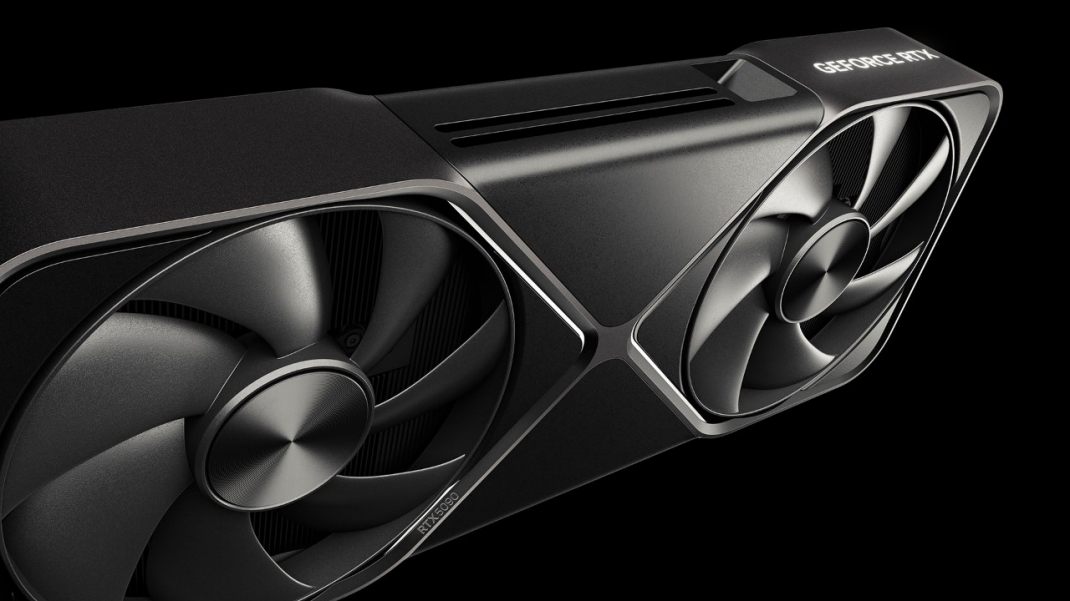Contrary to what previous rumors suggested, the Meteor Lake architecture appears to be making its way to desktops. The desktop Meteor Lake lineup will get a separate launch sometime in 2024.
This information was confirmed by Michelle Johnston from Intel. According to previous speculations, the Intel desktop-based Meteor Lake lineup was rumored for a Q4 launch in 2023.
During an interview with PCWorld, Intel confirmed the mobile platform based on Meteor Lake architecture will launch on 14 December, while the desktop launch is scheduled for 2024.
When asked about the desktop Meteor Lake chips, Michelle Johnston said:
“Desktop will come in 2024.”
She also confirmed that Intel would not return to an era with separate families for desktop and mobile processors, claiming that everybody wants a unified family.
Therefore, Intel appears to be heading in a completely different direction than the rumors suggested. Whatever the case may be, the desktop lineup based on Meteor Lake architecture is indeed coming next year.
Since Intel did not provide a timeframe for its launch, three new categories of processors may launch next year. This would include CPUS from the Raptor Lake Refresh, Meteor Lake, and Arrow Lake.
Intel would likely compete against itself in different price brackets if this ends up being true, making it difficult to entice customers. However, it could use competitive prices to deal with this issue.
On the other hand, Intel may also delay lineups like Arrow Lake to 2025, focusing on Raptor Lake Refresh and Meteor Lake for 2024.
Thank you! Please share your positive feedback. 🔋
How could we improve this post? Please Help us. 😔
[News Reporter]
Malik Usman is student of Computer Science focused on using his knowledge to produce detailed and informative articles covering the latest findings from the tech industry. His expertise allows him to cover subjects like processors, graphics cards, and more. In addition to the latest hardware, Malik can be found writing about the gaming industry from time to time. He is fond of games like God of War, and his work has been mentioned on websites like Whatculture, VG247, IGN, and Eurogamer.




